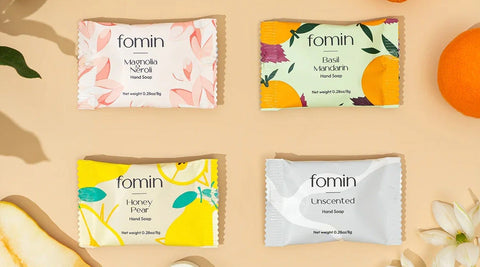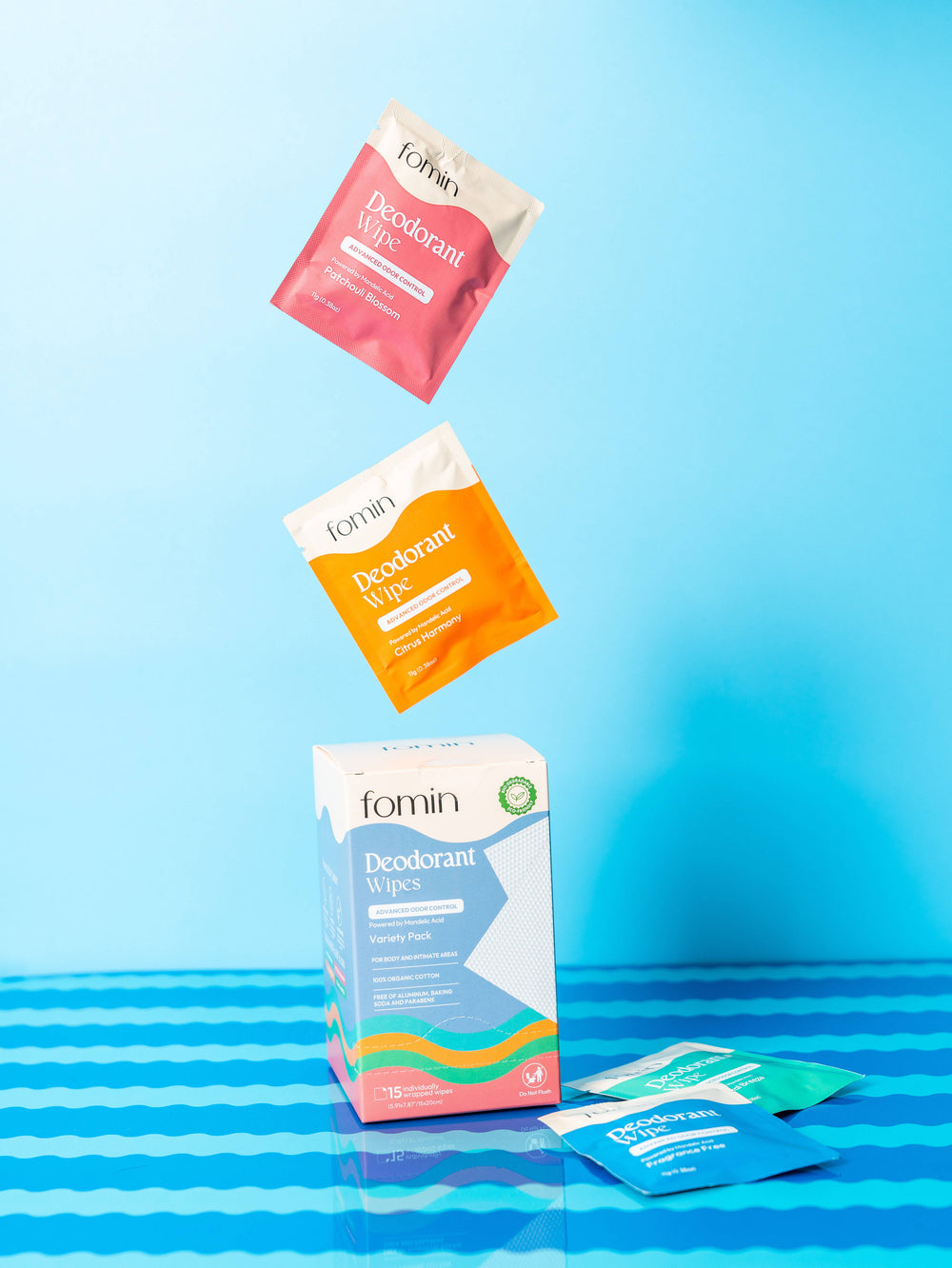
Bar Soap vs. Liquid Soap: Which is Better for Your Skin and the Environment?
Share
Bar soap vs. liquid soap is a hot topic that is gaining attention, especially in today’s environment-focused society. And we have to say this debate is a hot topic for all the RIGHT REASONS.
Material composition doesn’t define the benefits of any soap type. Whether to use bar soap or liquid soap, greatly depends on their effect on the environment and skin health.
In this article, we will see various aspects of bar soaps and liquid soaps to see which should be used considering the effects on the skin and the environment.
Bar Soap
Traditional bar soap is the first thing to consider if you are looking for ways to adopt sustainable skincare practices. It mostly consists of materials that are derived from natural substances like a mixture of fats and oils, combined with a lye solution. This lye solution saponify the fats and oil and gives the signature soapy structure to the soap bar.

Derived from natural substances, soap has very little effect on the environment. Its residues contain mostly green components making it less harmful to the environment. Moreover, conventional soap checks all the boxes when it comes to disinfection, making it safe for the skin too.
Unfortunately, with so many alterations in the soap manufacturing industry, the situation is not as good as it used to be. Additives such as petroleum, glycerin, and other things that stay in the environment are being used in soap manufacturing increasing their carbon footprint.
Liquid Soap
Liquid soaps were first produced in the late 18th century but did not hit the market till 1980. So, despite being there for nearly a century they weren’t used. That’s mostly because of their detailed manufacturing and complex materials that have a great impact on the environment.

Liquid soaps are often marketed as an eco-friendly alternative to bar soaps. But the real question is; Are they really as eco-friendly as various manufacturers portray them? Well, the answer is YES and NO. It all depends on the ingredients and packaging of the particular liquid soap in question.
If the liquid soap is just a mixture of surfactants and water then it is not suitable for the environment and skin and it contains chemicals with hard-to-break chemical structures. However, if the liquid soap consists of natural substances like natural oils and fats, herbs, and essential oils then it is safe for the skin and the environment.
Bar Soap vs. Liquid Soap: Benefits for Skin
Depending on your skin condition, and your preferences towards sustainable skincare, you can choose the type of soap that suits your skin the best. Some key considerations are:
Bar Soap
People with sensitive and dry skin prefer using a bar soap because of its natural soap ingredients. In fact, based on the same principles, bar shampoos are a new trend in the haircare industry.
Anyways, these bar soaps contain natural oils and fats that help with skin moisturization. Moreover, they are a great choice for people looking for something that contains more natural products.
However, for people suffering from eczema or any other skin conditions, using bar soap can be detrimental. That’s why proper dermatologically approved soap bars should be considered in such situations.
Liquid Soap
For teenagers or people with oily and acne-prone skin liquid soap is great. It contains chemical ingredients that are effective in controlling sebum and thoroughly clean the pores. Moreover, the ingredients are a little active compared to soaps, so they prove to be a great bacterial deterrent and promote acne control.
Mind that not all liquid soaps are great for your skin. There are soap brands that contain active ingredients that can harm your skin, so it's better to read the ingredients label before making a purchase.
Bar Soap vs, Liquid Soap: Impact on the Environment
The environmental impact of soap (both liquid and bar) depends on many factors. Some of the key differences to consider are:
Bar Soap
Bar soaps are generally more environment-friendly because of their less active ingredients. They have few chemicals and other preservatives. Moreover, their manufacturing doesn’t produce as many greenhouse gases as the manufacturing of liquid soaps produces.
As for the packaging, bar soaps come in eco-friendly packaging they can be packaged in cardboard and paper packaging. Plastic or polythene packaging is not necessary for bar soap making it an eco-friendlier option.
Liquid Soap
With more chemicals and preservatives liquid soaps are less eco-friendly compared to bar soaps. Also, their manufacturing produces greenhouse gases that considerably raise their carbon footprint. As for the packaging, they are mostly packed in plastic containers or polythene bags that don’t degrade, so it is also a negative when we consider the eco-friendliness of soap.
Building a Plastic-Free Future: Fomin's Commitment to Driving Sustainability
In an era where plastic pollution has become an alarming global issue, it is crucial to seek innovative solutions to reduce its devastating impact on our oceans and ecosystems. Annually, an astounding 8 million metric tons of plastic waste goes into our oceans, endangering marine life and the sensitive equilibrium of biodiversity on Earth. Fomin, a pioneer in sustainable initiatives, has driven the movement toward a plastic-free planet.
By purchasing Fomin's eco-friendly cleaning products like dishwasher detergent tablet etc., you actively participate in the battle against plastic pollution. Join our loyalty program to participate in building a sustainable future - one where plastic is not a threat but a relic of the past.



